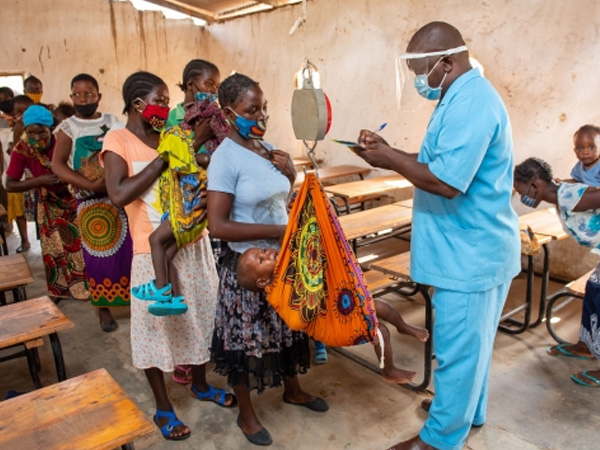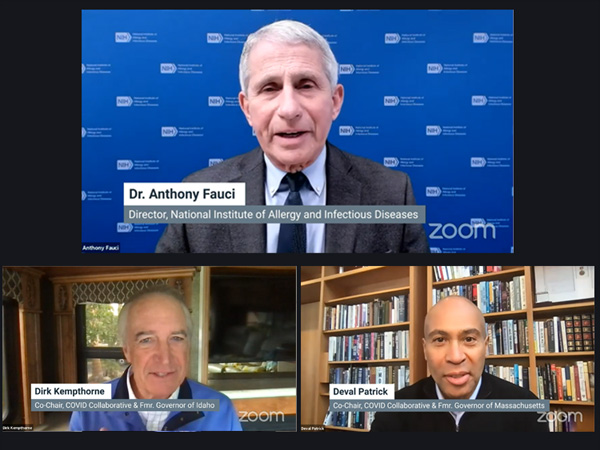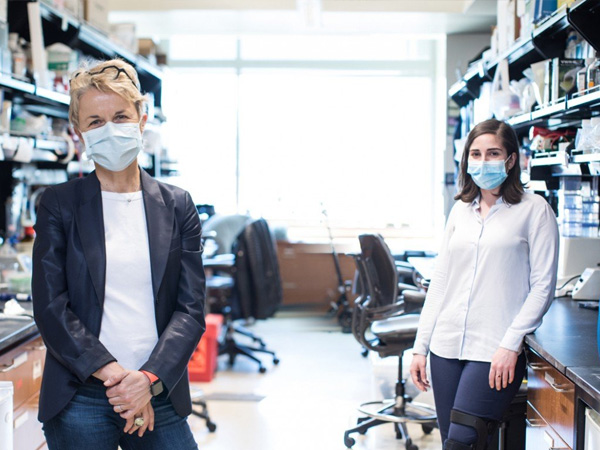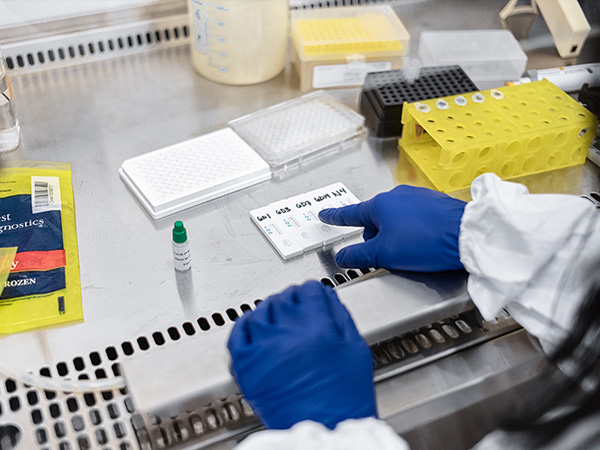OVERVIEW
The COVID-19 crisis that has spread across the globe has been swift and devastating. It magnified existing inequities and disproportionately hurt communities with weak health systems and limited access to care.
The Skoll Foundation supports social innovations that strengthen health systems in an equitable manner and build global systems for pandemic prevention and response. In 2020, we focused our investment in areas most likely to be affected by the spreading pandemic. We looked for opportunities to support a coordinated response across public, private, and civil society sectors both globally and in the U.S., while striking a balance between immediate and longer-term solutions.
Accelerating Collaboration
Globally, we invested in efforts to fight the pandemic in South Asia, Latin America, and Africa. Africa was a particular focus given existing gaps in healthcare and the opportunity for a coordinated response through the Africa Centres for Disease Control and Prevention (Africa CDC). The Africa CDC was able to coordinate across government, business, civil society, and philanthropy through a unique Africa Donor Collaborative.

Equipping Health Workers
Community Health Workers (CHWs) were a key part of the Africa CDC’s frontline response, but often lacked critical supplies, such as personal protective equipment. To address this need, the Skoll Foundation invested in Direct Relief and Skoll Awardee VillageReach. Both organizations are part of the COVID-19 Action Fund for Africa (CAFA), a coalition of 30+ organizations which partner with government ministries, donors, and others to secure supplies for CHWs and strengthen supply chains.

Supporting a Coordinated Response
We prioritized action in the United States in response to the lack of a unified national plan, which contributed to the U.S. being among the hardest hit countries in the world. To facilitate unified action to stop the spread of the pandemic and safely reopen the country, we partnered with the nonpartisan COVID Collaborative (an initiative of UNITE), which assembled leading experts in public health, education, and economics to bring recommendations to state and local leaders and vulnerable communities.

Investing in Testing
As part of our efforts to address the pandemic in the U.S., we partnered with The Rockefeller Foundation to invest in rapid testing pilot programs and testing guidance to inform safer and sustained opening of schools and businesses. We also invested in the Gladstone Institute’s development of a CRISPR-based rapid, inexpensive point-of-care diagnostic with the potential to be deployed globally to test for COVID-19 and other diseases.

Investing in Treatments
We supported Mirimus, which won a special XPRIZE for COVID-19 interventions, for their pooled testing approach. We also invested in research on treatments, including a clinical trial of fluvoxamine, a globally available low-cost option that could, if proven, reduce severe cases of COVID.
